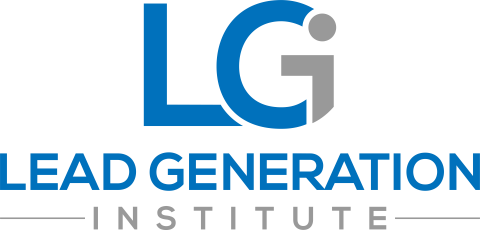Marketing automation (MA) or marketing automation platform (MAP) is completely changing how businesses interact with their customers and will continue to do so for many years to come. With platforms such as Marketo, Pardot, and Oracle Eloqua being the most common names in the industry, countless other players fill the marketing automation space. It’s estimated that by 2025, the industry will reach over $7.63 billion.
Marketers that stay on top of the developing trends and evolution of MA technology will be far better positioned as compared to their competition and will have access to opportunities that very few only dared to imagine several years ago. With this technology, companies can target customers with automated messages across various channels such as email, social, web, text, and even direct mail. These messages will be sent automatically according to predefined and custom-built templates, instructions, and workflows.
How Marketing Automation Works
At its basics, marketing automation represents a set of tools used to simplify many of the most time-consuming activities that go with being a marketer or salesperson. This can include a wide variety of things such as data entry, writing emails, scheduling meetings, qualifying leads, and the list can go on. It’s estimated that sales reps spend roughly 72% of their time on non revenue producing activities which lead to the adoption of sales automation platforms.
Granted, there are some differences between sales and marketing automation, but the fact is that these platforms will simplify the process and automate many time-consuming but important responsibilities. In other words, MA will allow you to set up a digital marketing strategy without having to manually send an email, message, post, or campaign that you create. More advanced MA platforms will also help you identify your target audience, tailor your content based on their preferences, and automatically trigger events based on customer behavior or schedules.
Good marketing automation platforms will collect customer data through their interactions: website visits, emails, app usage, social media, content downloads, form fills etc. This information will generate a complete view of each customer, which will then be used to personalize messages based on their profile automatically.
MA personalization will go beyond just the customer’s first name. Every interaction will be custom made based on up-to-date customer data, providing dynamic content at every exchange. You’ll be able to integrate mobile messaging with your email and social campaigns, push notifications, or group messaging. Likewise, you’ll be able to generate ads that appear to the right person and the right time, while recommending the right product on your website to each user. All of this will, of course, be done automatically.
Popular Marketing Automation Platforms
Some of the most popular MA platforms include the following:
Marketo – This is a cloud-based MA tool for companies of all sizes to build and maintain their customer relationships. Marketo has been around for some time but has been acquired by Adobe somewhat recently, incorporating it into their own enterprise marketing cloud. This means that, if you’re using Adobe Analytics for data measurement and Adobe Target for personalization, you have a powerful MA suite on your hands.
The platform also has native integration with Salesforce, Microsoft Dynamics CRM, and SugarCRM, allowing sales reps to get a clear picture of their lead and prioritize them based on prospect engagement. There are no set-up fees, and the tool comes with a free trial. That said, the average price ranges at around $2,400 per month, depending on the package you choose, as well as the number of users.
Pardot – Pardot’s SaaS model is built on the Salesforce platform, integrating with Salesforce as well as Microsoft CRM, SugarCRM, and Netsuite. Pardot is primarily geared towards B2Bs, offering email marketing automation services over a more extended period, as well as multi-step decisions associated with B2B sales.
Among its suite of functionalities, we have batch email marketing, lead management, landing page builder, real-time sales alerts, and automated drip marketing. In terms of price, it ranges from $1250 to $4000 per month, depending on what types of features you want.
SharpSpring – Regardless of which plan you choose, SharpSpring will provide its full set of features that include customer relationship management, mobile and social marketing, sales team automation, customer service, and more. They are also in the process of adding chat to their platform which can help in collecting and scoring leads from your website automatically. Its price ranges from $450 to $875 per month, depending on your total number of contacts you have in your database.
The platform also integrates with any CRM on the market, while its VisitorID feature helps identify anonymous site visitors by looking up their IP addresses. It has an extensive template library for email, landing pages and blog pages.
OpenMoves – Focused more on small and midsize businesses, this cloud-based email-marketing platform offers campaign management, lead nurturing, and analytics. With its automated triggered email module, you can send automatic welcome emails, anniversary emails, or after-purchase messages. It also allows you to nurture your leads by sending them customized messages based on your customers’ interests.
With OpenMoves you can also create surveys and registration forms via your email campaign. Its price starts at $25 per month for 5000 emails, but individual plans are quote-based. That said, you also have a 30-day free trial.
If you want to learn more about marketing automation and how to implement it into your business, feel free to contact us directly or subscribe to our newsletter.




